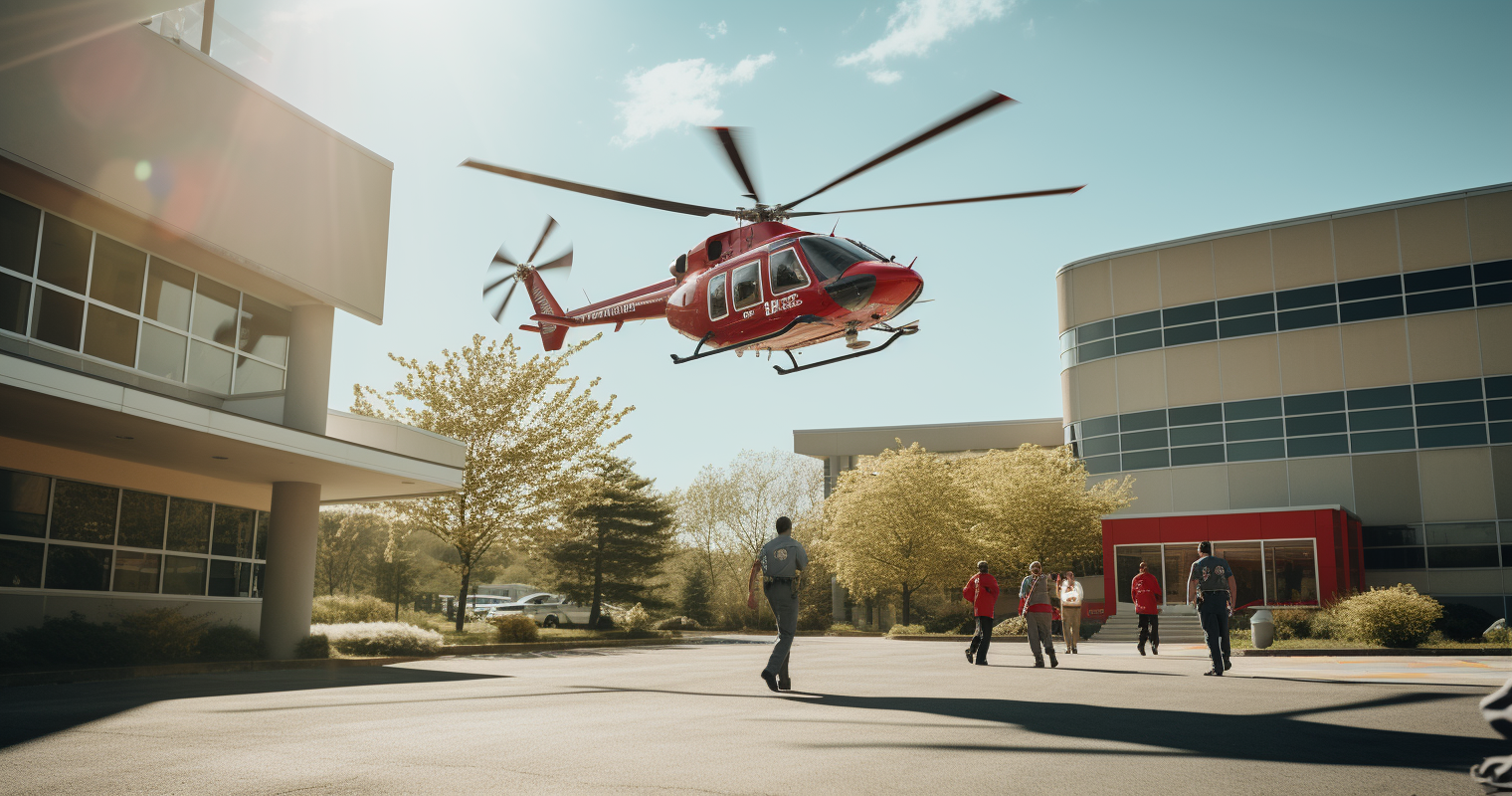Russia is the world’s largest country and a popular tourist destination. It is known for its rich cultural heritage, stunning landscapes, and vibrant cities. However, like any country, it has its own set of health risks that visitors should be aware of. This article provides an overview of the common health risks in Russia, the inoculations and vaccinations required for entry, and where to get reliable advice on health risks and vaccination requirements.
Health Risks in Russia
Russia is a relatively safe country in terms of health risks. However, visitors should be aware of the following:
Sun exposure
Russia has a varied climate, and visitors should take precautions to avoid sunburn and heat exhaustion. Sunscreen, hats, and protective clothing should be used to prevent sun damage, and visitors should stay hydrated by drinking plenty of water.
Tick-borne diseases
Tick-borne diseases such as tick-borne encephalitis (TBE) are present in Russia, particularly in rural and forested areas. Visitors should take precautions to avoid tick bites by wearing long-sleeved shirts and pants, using insect repellent, and checking their skin and clothing for ticks after outdoor activities.
Food and water-borne illnesses
Russia has generally good food and water quality, and tap water is safe to drink in most urban areas. However, visitors who plan to consume raw or undercooked foods should be aware of the risks of foodborne illnesses, such as gastroenteritis. It is advisable to consume only pasteurized dairy products and to wash fruits and vegetables before eating them.
Air pollution
Air pollution is a major health risk in some Russian cities, particularly in Moscow. Visitors with respiratory problems should take precautions and avoid outdoor activities on days when air pollution levels are high.
Inoculations, Vaccinations and Health Certificates for Entry into Russia
There are no specific inoculations or vaccinations required for entry into Russia. However, visitors should ensure that their routine vaccinations, such as measles, mumps, and rubella (MMR), are up-to-date.
Where to Get Reliable Advice on Health Risks and Vaccination Requirements
The Russian government provides reliable information on health risks and vaccination requirements through several channels.
Federal Service for Surveillance on Consumer Rights Protection and Human Wellbeing
The Federal Service for Surveillance on Consumer Rights Protection and Human Wellbeing, also known as Rospotrebnadzor, is the Russian government agency responsible for public health. Its website provides up-to-date information on health risks and vaccination requirements, as well as advice on how to stay healthy while in Russia.
Visitors can also contact Rospotrebnadzor by phone or email for advice on specific health concerns. Rospotrebnadzor can be reached at +7 (495) 623-91-91 or via email at info@rospotrebnadzor.ru.
Ministry of Foreign Affairs
The Ministry of Foreign Affairs is the Russian government agency responsible for foreign affairs. Its website provides information on entry requirements, including vaccination requirements and health certificates.
Visitors can also contact the Ministry of Foreign Affairs for advice on specific travel concerns. They can be reached at +7 (495) 244-16-06 or via email at infocenter@mfa.gov.ru.
In summary, Russia is a relatively safe country in terms of health risks. Visitors should be aware of the risks of sun exposure, tick-borne diseases, food and water-borne illnesses, and air pollution in some cities. There are no specific inoculations or vaccinations required for entry into Russia, but visitors should ensure their routine vaccinations are up-to-date.
Visitors can obtain reliable advice on health risks and vaccination requirements from Rospotrebnadzor and the Ministry of Foreign Affairs. By taking necessary precautions and staying informed, visitors can enjoy their stay in Russia while staying healthy and safe.

